

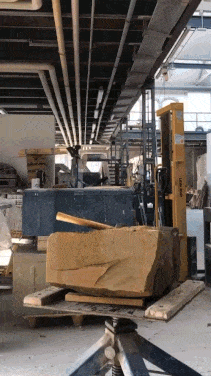



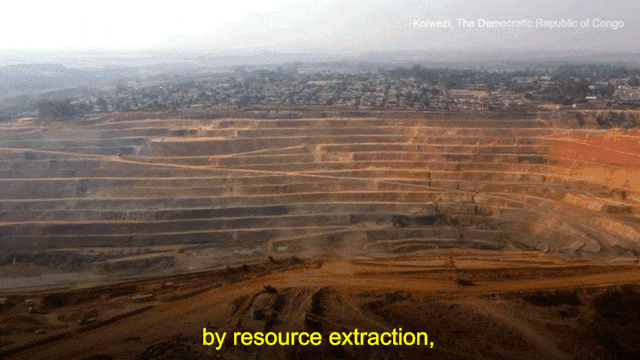
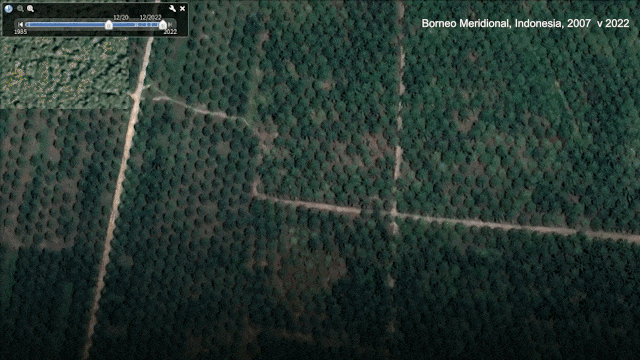

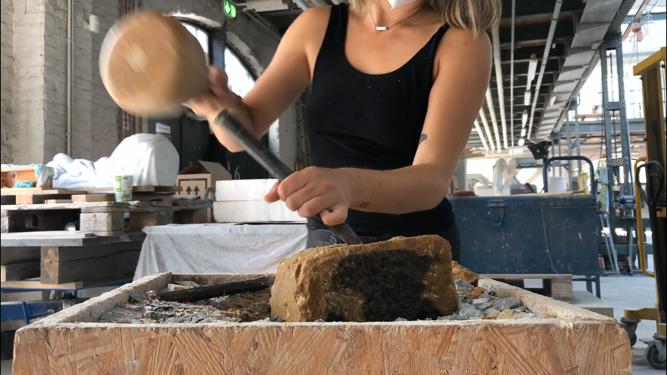
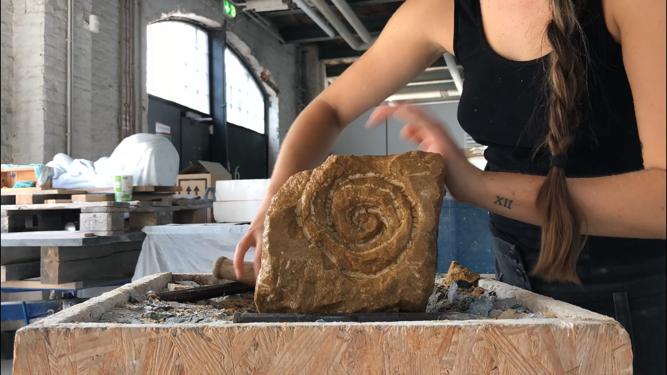
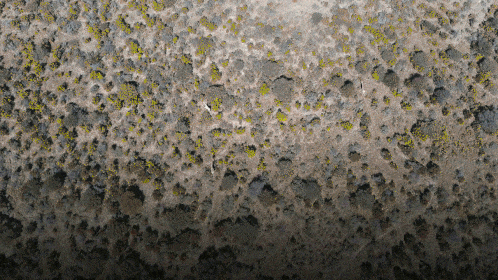
00
What Has The Landscape Witnessed?
The following documentation is my conceptual process behind the artwork I have been elaborating throughout the Humboldt Residency Programme 2023: Our Precious Resources, Pathways to a Secure and Sustainable Future, in cooperation with the Climate Change Center Berlin-Brandenburg and the Cultural Foundation Schloss Wiepersdorf.
The concepts were then revisted within the Humedal Wetlab Residency Programme, at Hangar, Barcelona.
“..The question of resources is fundamental to the human understanding of the world. Our identity as a human race today is contingent on the way we relate to resources, the way we interact with them, and reshape them to create ideas and the material world we live in...”Humboldt Residency Programme 2023
Alongside colleagues: Lucy Ombaka (Kenya), Santos Chicas (Belize), Lou Ziyang (China) and Christopher Schrader (Germany), we researched on “ Unveiling the hidden aspects of resource extraction and possible pathways for sustainable resource utilization”, illuminating these impacts through information, science communication, and art, our abstract is as follows:
The commodity culture embraced by the global north, which others aspire to emulate, is underpinned by unsustainable resource extraction, primarily from distant locations in the global South. Our consumer patterns and the convenient availability of these goods conceal the underlying environmental degradation, loss of biodiversity, and inherent inequities, impacts that are far removed from producers and consumers, rendering these impacts out of immediate view.
My artwork navigates these topics, titled “What has the landscape witnessed?” in the format of a video essay, an “internet-bot” / faultydroid and a sculpture series
The chapters are as follows:
PI. The spaces inbetween our narratives
PII. Errosive landscapes
PIII. Faultydroid
Within this format, my colleagues and I also put together the following documents:
Recommendations: Policy makers For possible pathways towards sustainable resource extraction and utilization.
Possible Pathways for Sustainable Resource Utilization - A set of questions: That can serve as a tool to navigate the multidimensional landscape of resource extraction, revealing its complexities, contradictions, and potential for transformation.
Personal Consumer Driven Resource Extraction: A list of individuals behavior choices that can contribute towards ataining responsibile consumption.
The invisible resource behind smartphones: An interactive presentation.
OOOri
Original version
Original version
English version
Thank you to Natalia Gima (@akyute_/) for bringing my faulty droid to life, Emma Barber for giving voice to my video essay (@heylistento.me/), and Tom Huna (@tom_huna/) for a perfect soundscape.
P01
The Spaces inbetween our Narratives
A recent report (Imperialist Appropriation in the World Economy: Drain from the global South through unequal exchange, 1990-2015, Published in Science Direct, March 2022) values this drain at over 10 trillion USD per year, exceeding any foreign aid by a factor of 30. In 2015 alone, the North net appropriated from the South 822 million hectares of embodied land, 12 billion tonnes of embodied raw material equivalents and 188 million person-years of embodied labor. The value of this could end poverty 70 times over.
What happens to the communities oppressed by shifting climatic conditions? How many worlds could have been, if you prioritized regeneration, rather than objectification?
As the concept of “progression” has become erosive, language serves as both a lens and a limitation through which the environment is perceived. Built on a framework of oppressive taxonomies, continuing to shape present day relations.
Nouns have accumulated habits, “comfort” embodies plenty, “development” consumes and “space” is never enough.
How can we compost these dominating narratives by addressing this lack of vocabulary when envisioning the future. It's time for them to decompose and break down whilst nurturing new growth. Naturally waste does not exist, how can we mimic the earth's cyclic processes as the perfect solution to model?
“Inside the word “emergency” is “emerge”, from an emergency new things come forth. The old certainties are crumbling fast, but danger and possibility are sisters” - Rebecca Solnit.
Throughout a second residency iniciated in October 2023, within the “Humedal Wetlab” programe at Hangar, Barcelona. I began to futher my conceptualization on the topic of resource extraction and our relation to language, as I began reflect upon the need to use metaphores as a methodology to recall our direct relationship with the Earth.

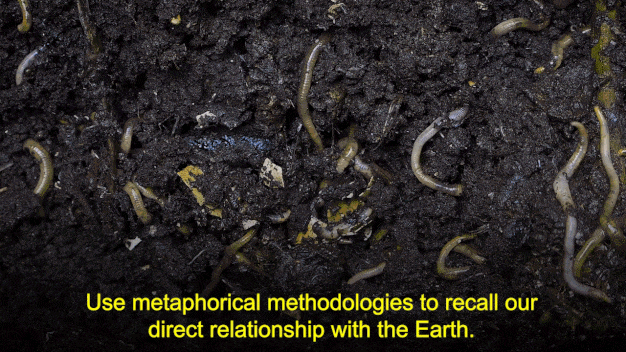
02
Errosive Landscapes
24hr news cycles, smartphones and the unsettling awareness of the Earth's ongoing deterioration. We live in a constant state of worry, yet have a constant desire for more, as you can never have enough of something you don't need. Whilst the impacts of the unsustainably dominated systems are shared understanding today, there is an absence of concerted action or meaningful change, making individual contributions feel meaningless.
What catalyst does this hyper-connected world need to enact transformation? How much do you need to know to make a difference? In order to improve for good, we need to solve problems at the systems level.
This has created a sense of 'disembodiment' — a feeling of detachment from our ecosystem, from one another, and from our own bodies — becoming an expense of the future. Whose health? Whose wealth?
The Oxford Dictionary defines the word “body” as “the whole physical structure of a human or an animal.”, lacking any mention of our senses, so how can we begin to connect if even our vocabulary hides the necesary means?
The image below is a screenshot taken from Google Earth Pro of the satelite imagery of the impacts of the mining industry of The Democratic Republic of Congo in 2023.
What does it look like?
What does it sound like?
What does it smell like?
What does it feel like?
What does it taste like?
What does it sound like?
What does it smell like?
What does it feel like?
What does it taste like?
Here, a screenshot taken from Google Earth Pro of the satelite imagery of the impacts of the mining industry of The Democratic Republic of Congo in 2004.
What did it look like?
What did it sound like?
What did it smell like?
What did it feel like?
What did it taste like?
What did it sound like?
What did it smell like?
What did it feel like?
What did it taste like?
Why did we stop asking? What has the landscape witnessed since?
The drive for growth as the main metric for success has caused irreparable harm, the notion of unceasing expansion on a planet with finite resources is, quite simply, unsustainable. We know the price of everything, yet the value of nothing. Confronting the challenge of slowing down a system rooted in perpetual consumption-driven growth is no small feat.
“Either we slow down by desire or by disaster” Peter Victor
There isn't space for the hoarding of ideas, one idea has to build on another and quickly. I question the words and tools that are needed to “re-embody” our sense of community, in order to dismantle prevailing narratives for a more sustainable future.
For so many, we have become strangers to this extraordinary living planet, especially for the youth, who aren't given a voice or agency. I question how we can contribute and support future worlds, and recall our connection to our past.